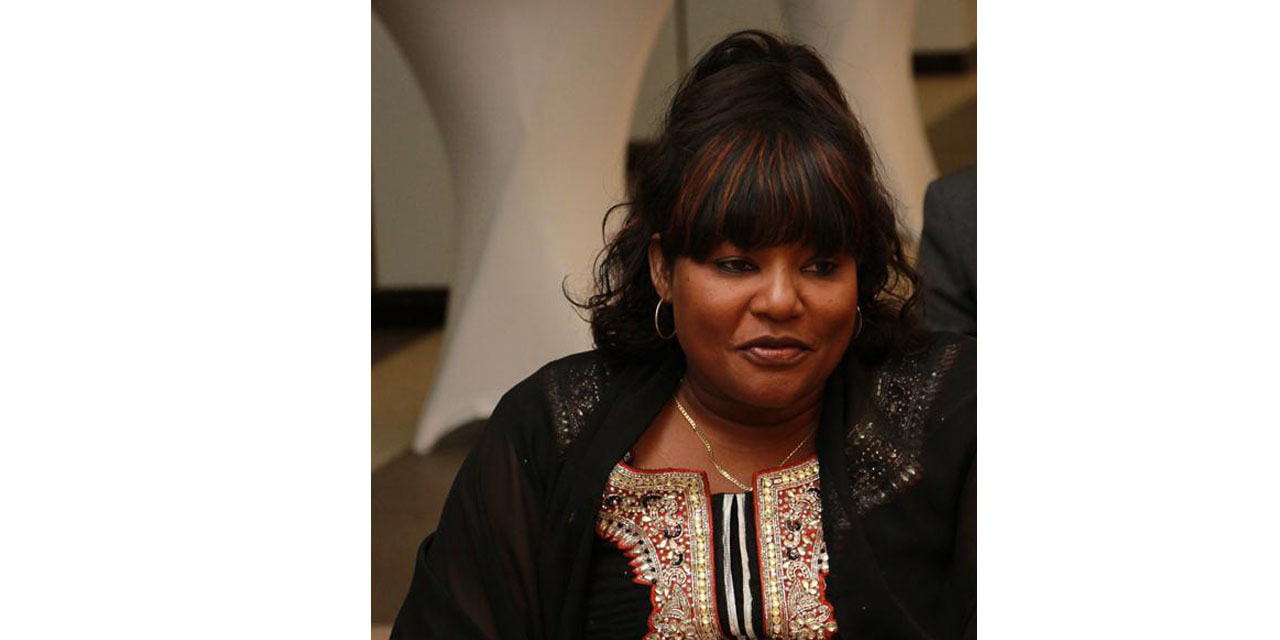Martin Endjala
The Deputy Minister of Disability Affairs Alexia Manombe-Ncube has called on government to recognize sign language in the country as a medium of communication and ensure that deaf people are well represented in all areas of life.
The International Day of the Deaf and Sign Language is commemorated from the 19-23 of September, under the theme building inclusive communities for all.
Ncube was speaking in Parliament on Wednesday.
During the week of celebrations, each day has been given a theme e.g Monday’s theme was to focus on sign language and its acquisition as it is critical for the cognizant development for deaf children.
Namibian households are urged to adopt a culture of learning sign language in order for children to communicate with hearing impaired persons at their schools and in social lives.
Ncube said that it is high time that sign language learning is adopted from childhood development providing all necessary tools for sign language for example written and visual studying material for all schools.
This year’s international sign language theme is ‘sign language unites us’ which is commemorated on the 23rd of September annually.
The linguistic sign language is said to be part of the country, hence the deputy minister calls on all Namibians to embrace it as it is part of the country’s vibrant languages cross cutting all landscapes and corners of Namibia.
With collective collaboration maintained by stakeholders, it is thus imperative that they drive the sign language linguistics.
Ncube further stated that government need to seriously recognise sign language and promoting it as well as finalising the documented signs.
Article 2 of the United Nations Convention on Persons with Disabilities, grants sign language recognition as a legitimate language on its own with capabilities of being used in education to political level, which defines sign language as an equal to spoken language. There lies the argument that deaf students have a right to communicate in their mother tongue via sign language, failure in providing this, their human rights will not be fulfilled.
Failure to communicate in sign language, is depriving 27 000 people from communicating in
their homes and social circles, hospitals, shops, parliament, school and work among many, Ncube opined.
The Namibia Open Learning College (NAMCOL) has recently introduced a two-year diploma for sign language.
The Deputy finance minister Maureen Mbeunde said that data must be collected to identify hearing impaired persons as well as awareness on parents to watch out for signs at early childhood development.
Jerry Ekandjo another MP stressed that it cannot wait for tomorrow, arguing that the Ministry of
Education, Arts and Culture must introduce sign language from Grade one to 12 in all schools.
Deputy Minister of Education Faustina Caley informed the house that the ministry has schools for hearing impaired persons, while pointing out that the challenge is with shortage of qualified teachers in the field of sign language.
She thus emphasized that teachers in all schools needs to be trained first in order to open up more Schools for the hearing impaired, including more support in providing written and visual material.




